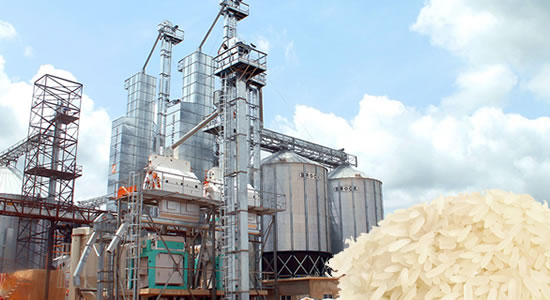Recall that the Federal Government of Nigeria in August 2019, announced the closure of the country’s land borders that connects with Benin and Niger Republics.
This was according to the government sequel to massive smuggling activities, particularly rice.
Also, the exercise, being coordinated by the Office of the National Security Adviser(ONSA) and code-named, Ex-Swift Response, is being jointly conducted by the Nigeria Customs Service, Immigration, Police, Department of State Services (DSS) and Military personnel.
President Muhammadu Buhari had, in a statement issued by his Senior Special Assistant on Media, Femi Adesina, disclosed that the activities of the smugglers threatened the self-sufficiency already attained by the country due to Buhari-led administration’s agricultural policies.
Part of the statement reads “Now that our people in the rural areas are going back to their farms and the country has saved huge sums of money, which would otherwise have been expended on importing rice using our scarce foreign reserves.
We cannot allow smuggling of the product at such alarming proportions to continue.” Adesina stated.
In spite of mixed expression from various quotas within and outside the country, checks showed that significant progress had been recorded as rice production in Nigeria jumped to 3.7 million tonnes in 2017.
Reports also show that rice, as one of the most consumed staple foods in Nigeria and in the past decade, consumption has risen by 4.7 percent, almost four times the global consumption growth, and reached 6.4 million tonnes in 2017.
Regrettably, Nigeria’s mechanization has remained low at 0.3 hp/ha.
Recent findings by Price Waterhouse Coopers (PwC) revealed that the number of agricultural tractors is estimated at around 22,000, relative to 1 million and 2.5 million in China and India respectively.
Low income, limited access to affordable financing and the lack of




















